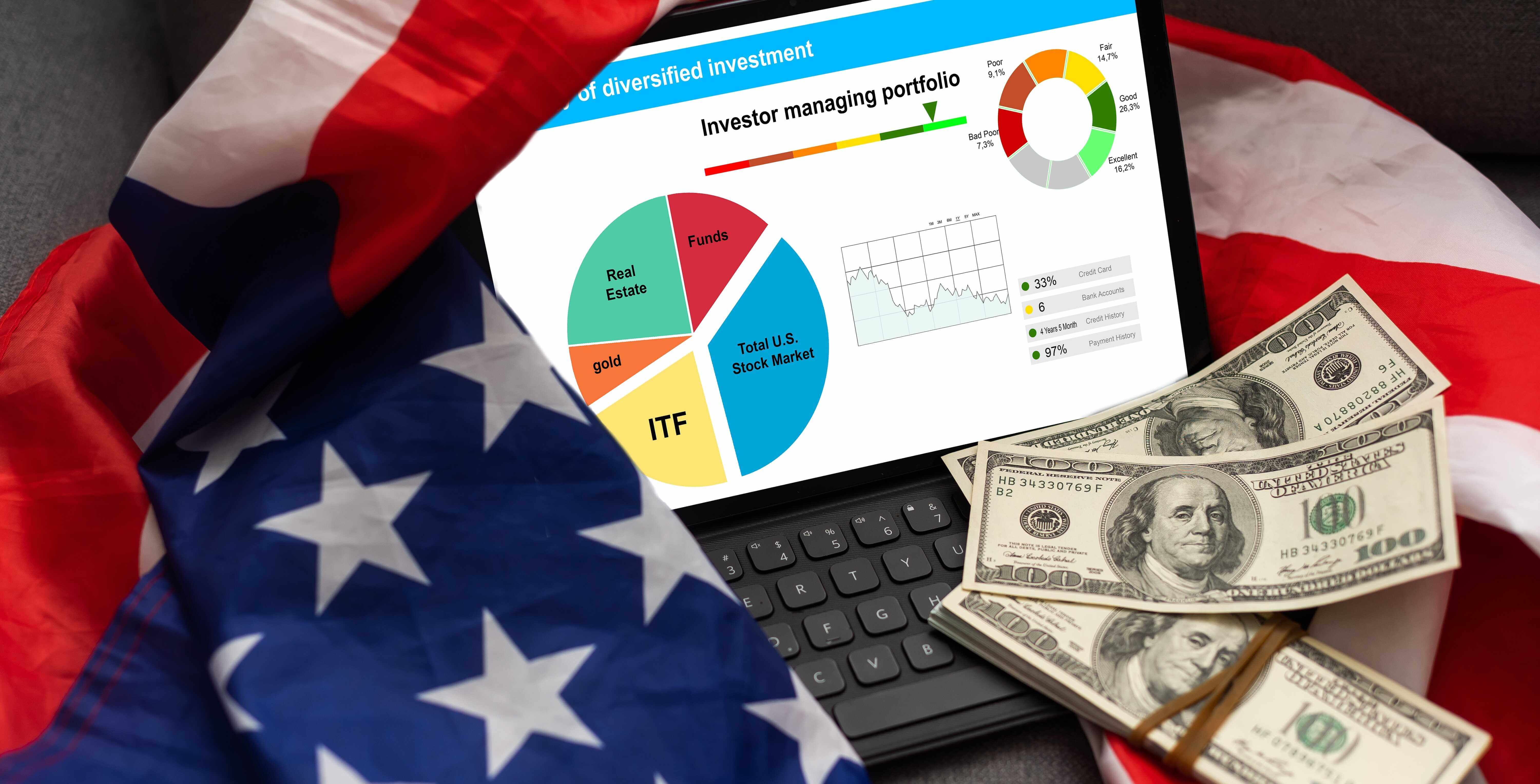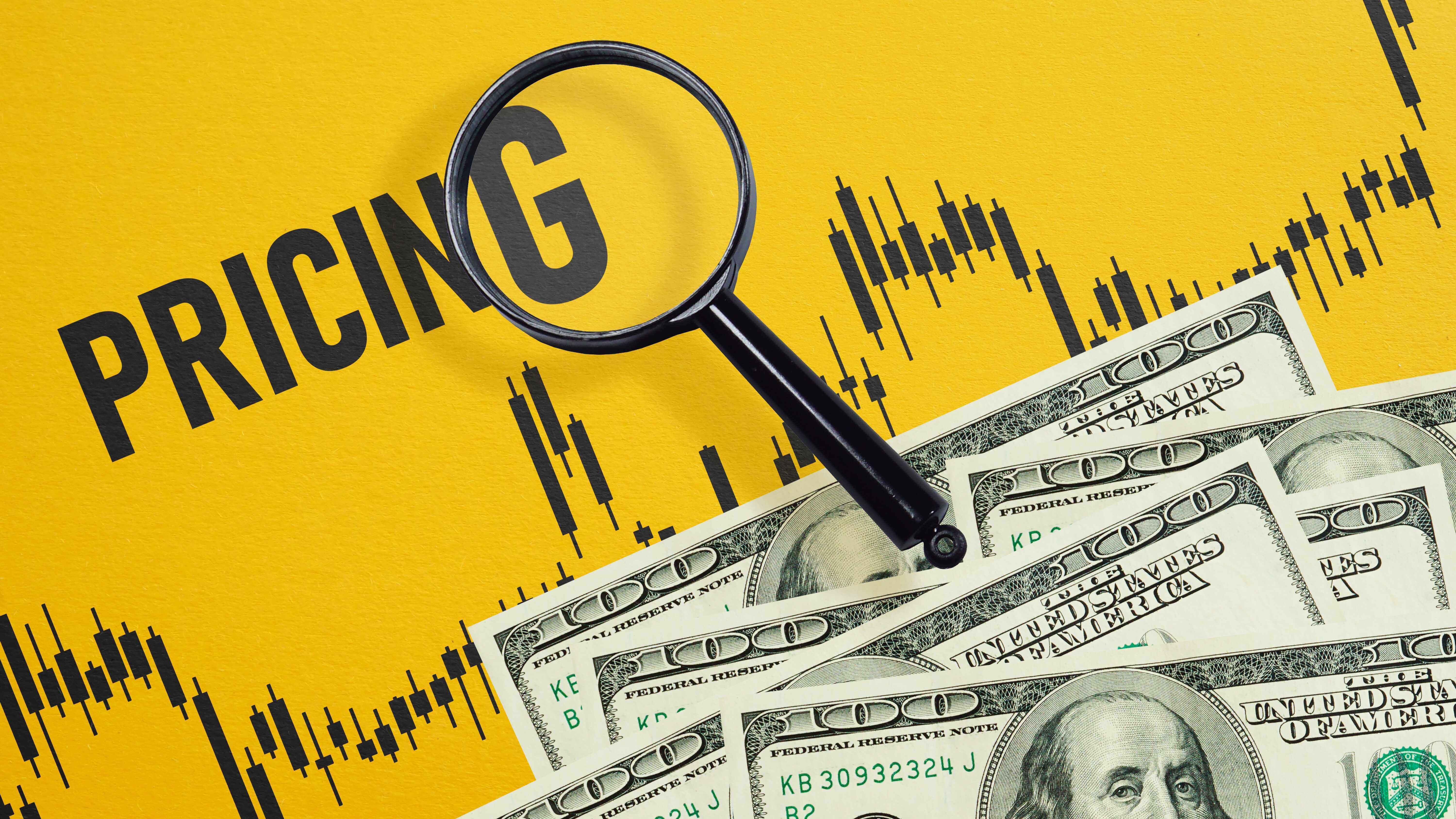Warren Buffett Loves Sirius Xm, But Investors Are Overlooking A Major Risk In The High-yield Dividend Stock

It's no secret that Warren Buffett loves dividend-paying value stocks, or "buying dollar bills for 80 cents," as he's sometimes put it.
Now, the legendary investor seems to have found a new apple of his eye. Berkshire Hathaway (NYSE: BRK.A) (NYSE: BRK.B) has been aggressively buying shares of SiriusXM Holdings (NASDAQ: SIRI), the satellite radio company.
Start Your Mornings Smarter! Wake up with Breakfast news in your inbox every market day. Sign Up For Free »
On Thursday, Berkshire disclosed that it bought roughly 5 million more shares of the stock last week, bringing its ownership to 117.5 million, which is worth about $3.5 billion.
In many ways, Sirius XM fits the mold of a classic Buffett stock. It has a monopoly of sorts as the only satellite radio provider. It's a media stock, a sector Buffett has long favored, and it trades at an adjusted price-to-earnings ratio of roughly 8. Sirius XM also pays a generous dividend, currently yielding 5.3%.
However, Sirius faces a number of headwinds that have essentially made it a no-growth business. Those include competition from digital platforms such as Spotify and a dependence on car ownership and in-car usage. Sirius XM doesn't report in-vehicle usage as a percentage of its total, but it said in its annual report, "A substantial portion of the subscription growth for our satellite radio service has come from purchasers and lessees of new and used automobiles in the United States, and we expect this to be an important source of subscribers for our satellite radio service in the future."
According to Edison Research, half of traditional radio listening comes in the car so it seems fair to assume that that percentage is similar for SiriusXM.
It's the second item that could be a particular vulnerability for the company in the coming years in a way that both investors and the company are overlooking.
Image source: Getty Images.
The coming auto disruption
The auto industry is rapidly evolving these days thanks to the proliferation of electric vehicles, but that's not the main risk to SiriusXM.
Autonomous vehicles are, and Tesla's recent introduction of its driverless Cybercab at an event in October showed that AVs could be here sooner than you think.
The market seems to recognize the competitive threat of the Cybercab in some ways. For example, Uber stock initially popped after the event as some analysts were underwhelmed by the new technology, though it later fell as Wall Street reassessed the risk.
However, Uber isn't the only company at risk from autonomous vehicles. SiriusXM also figures to be a loser if they go mainstream. After all, there's a reason why SiriusXM has made such efforts to ensure that its radios are available in most new and used vehicles. The car is the most obvious use case for its product, especially for drivers who can only rely on audio entertainment while they're driving.
If driverless vehicles go mainstream, that radio-consumption model is likely to be undone as drivers will be free to read, sleep, text, scroll social media on their phones, watch videos, or work on a computer.
If SiriusXM can't even grow in the current environment, the proliferation of AVs could significantly impair its current business model. Of course, that's speculative at this point, but it's a threat that investors should consider, especially as it's gotten little attention so far. In fact, the company doesn't specifically list autonomous vehicles or self-driving cars as a risk factor in its most recent 10-K report.
What it means for SiriusXM
SiriusXM is already struggling to grow. In the third quarter, revenue fell 5% to $1.6 billion, and it added just 14,000 self-pay subscribers in the quarter on a base of 33 million, essentially flat subscriber growth.
Sirius acquired Pandora a few years ago, but Pandora has also failed to deliver growth with self-pay subscribers falling 76,000 in the most recent quarter.
After being spun off from Liberty Media a few months ago, SiriusXM is focused on cost-cutting to drive profitability and free cash flow, but its top line may be a more pressing concern over the long run. Sirius hasn't reported better than low-single-digit revenue growth since 2022 and overall revenue is down since then.
The threat from autonomous vehicles isn't immediate, but the technology seems likely to disrupt the auto industry at some point, whether that's three, five, 10 years from now or even more.
If autonomous vehicles catch on, it's likely to be a problem for SiriusXM. Investors following Buffett should keep their eye on that long-term threat as the market seems to be ignoring it right now. If the Cybercab or another AV catches on, SiriusXM could be in trouble.
Should you invest $1,000 in Sirius XM right now?
Before you buy stock in Sirius XM, consider this:
The Motley Fool Stock Advisor analyst team just identified what they believe are the 10 best stocks for investors to buy now… and Sirius XM wasn’t one of them. The 10 stocks that made the cut could produce monster returns in the coming years.
Consider when Nvidia made this list on April 15, 2005... if you invested $1,000 at the time of our recommendation, you’d have $825,513!*
Stock Advisor provides investors with an easy-to-follow blueprint for success, including guidance on building a portfolio, regular updates from analysts, and two new stock picks each month. The Stock Advisor service has more than quadrupled the return of S&P 500 since 2002*.
*Stock Advisor returns as of December 23, 2024
Jeremy Bowman has no position in any of the stocks mentioned. The Motley Fool has positions in and recommends Berkshire Hathaway, Tesla, and Uber Technologies. The Motley Fool has a disclosure policy.


